How do you communicate about research with people who are not researchers? The scientific results usually presuppose a complicated intellectual framework, which the researchers have acquired through long education and experience. How can we talk about their research with people who are not researchers? At CRB, we take research communication seriously, so this question follows […]
Continue readingPage 12 of 48
Three contemporary trends create great challenges for researchers. First, science is expected to become increasingly open, among other things by making collected data available to new users and new purposes. At the same time, data protection laws are being strengthened to protect privacy. Finally, artificial intelligence finds new ways to reveal the individuals behind data, […]
Continue readingYouTube has become an easily accessible source of information on a variety of issues, from how to fix a puncture to what Plato meant by love, and much more. Of course, YouTube can also serve as a source of health information. Regarding certain issues of health, it may be of importance to review whether the […]
Continue readingImagine if there was a reliable method for predicting and managing future risks, such as anything that could go wrong with new technology. Then we could responsibly steer clear of all future dangers, we could secure the future already now. Of course, it is just a dream. If we had a “reliable method” for excluding […]
Continue readingThe notion of a conscious universe, animated by unobservable experiences, is today presented almost as a scientific hypothesis. How is that possible? Do cosmologists’ hypotheses that the universe is filled with dark matter and dark energy contribute to making the idea of a universe filled with “dark consciousness” almost credible? I ask the question because […]
Continue readingWhat would happen if we more often put away our prestigious masks of knowledge and instead freed our sincerest questions? Not only in individual conversations, but also in public. How would our voices sound if we openly gave ourselves time to wait for clarity? What would philosophy sound like in a society that does not […]
Continue readingContemporary research on consciousness is ambiguous, like the double-faced god Janus. On the one hand, it has achieved impressive practical results. We can today detect conscious activity in the brain for a number of purposes, including better therapeutic approaches to people affected by disorders of consciousness such as coma, vegetative state and minimally conscious state. […]
Continue readingThe challenge of finding an appropriate way to handle informed consent to biobank research is big and has often been discussed here on the Ethics Blog. Personal data and biological samples are collected and saved for a long time to be used in future research, for example, on how genes and the environment interact in […]
Continue readingIn order to improve care, insight is needed into the challenges that one experiences in the daily care work. One way to gain insight is to conduct interview studies with healthcare staff. The analysis of the interviews can provide a well-founded perspective on the challenges, as they are experienced from within the practices. In Sweden, […]
Continue readingNeuroscience contributes to human self-understanding, but it also raises concerns that it might change humanness, for example, through new neurotechnology that affects the brain so deeply that humans no longer are truly human, or no longer experience themselves as human. Patients who are treated with deep brain stimulation, for example, can state that they feel […]
Continue reading
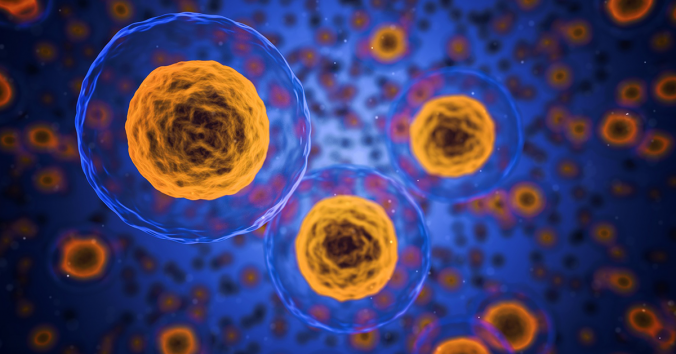
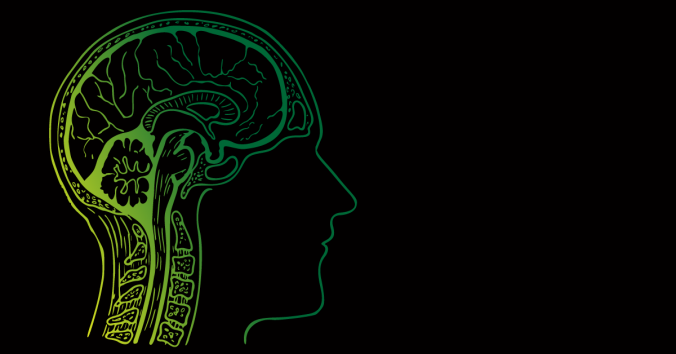
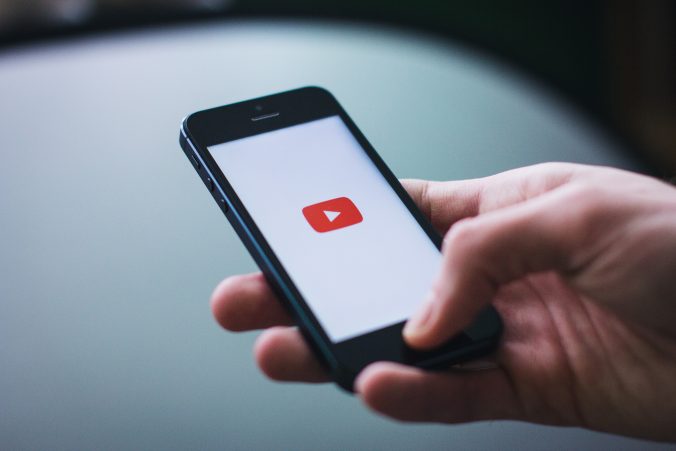
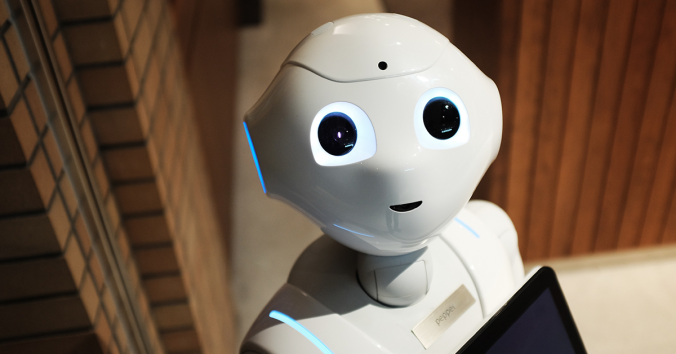



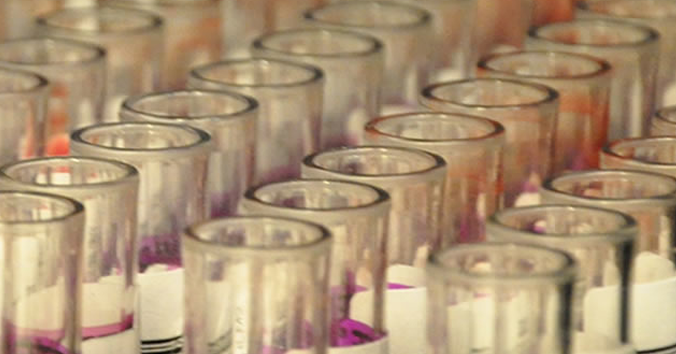
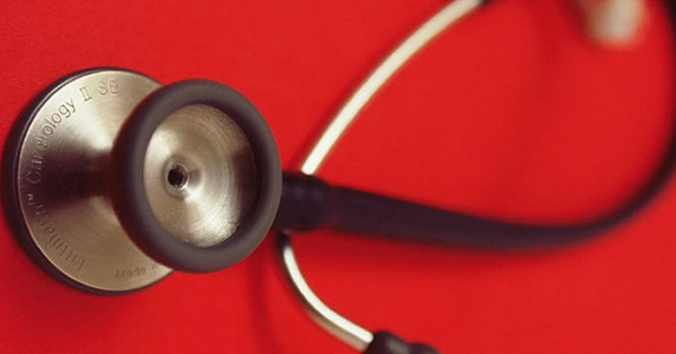
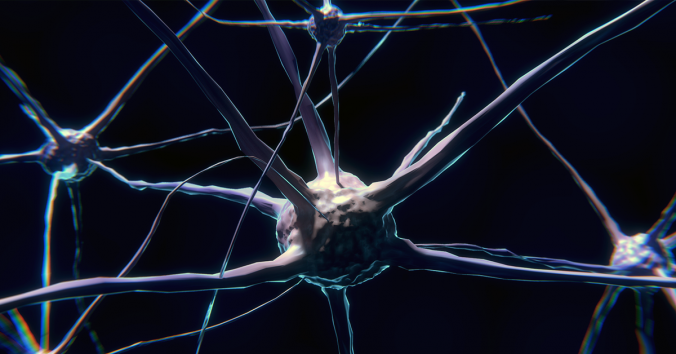

Recent Comments